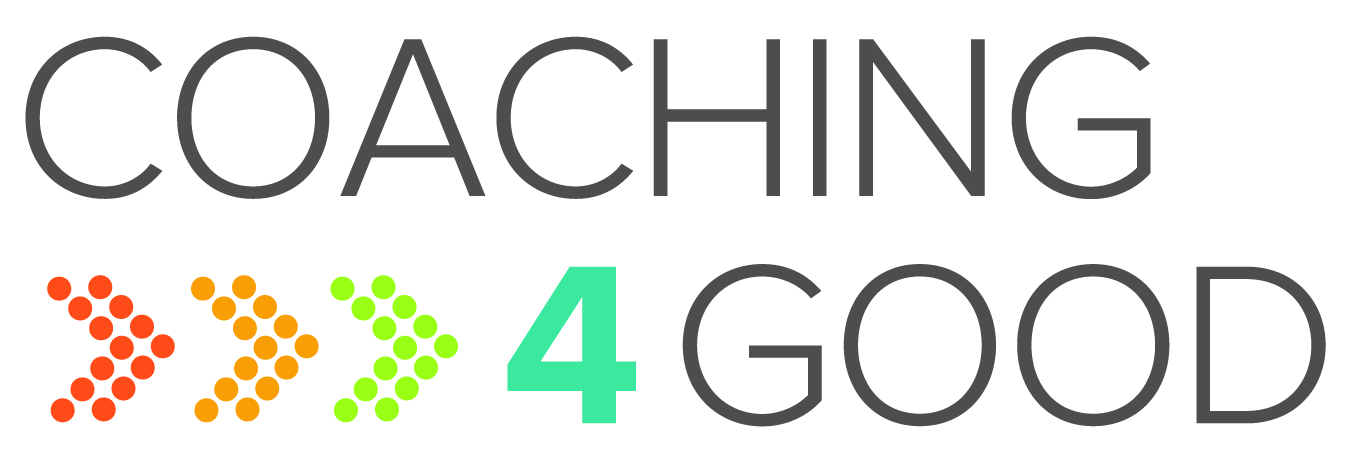Guest blog with some fantastic tips for mid-career professionals getting off a career plateau.
– Coach Wolfgang
Hitting a career plateau in your current job is normal. For most workers this situation can translate to boredom and the feeling of being stuck in a rut, or the fear that you have gone as far as you can go. Unfortunately, career fulfillment impacts overall happiness. Plateauing can negatively impact your productivity and job performance. The good news is that the feeling of hitting a career plateau is not necessarily a bad thing, and can be the start of positive change.
Boredom is a Sign of Growth
Inc.com writes that being bored with your current work duties is but a symptom of growth. While you may feel stuck, anxious, and lazy all at the same time, remember that these feelings are temporary. Now that you can basically do your job with one hand tied behind your back, you may be more open to learning new skills and acquiring new experiences. If you are bored, use it as springboard to change your career path, rather than an excuse to perform poorly.
Work on Small Pilot Projects
The boredom that comes with a career plateau opens up opportunities to pursue worthwhile skills, passion projects, or experiments that can give your career some direction. Testing small pilot projects is a good way to find out which of your skills or dream projects are actually worth pursuing in the long run. This includes anything that you can get feedback on, but won’t drastically change your everyday life.
For instance, if you’re an in-house digital artist who wants to be an exhibiting artist full-time, you can start by finishing single artworks to join group exhibits. Accept commissions for artworks that will allow you more creative freedom and skill development. Spread your efforts wide to see which of these worthwhile pursuits are truly worth your time and effort.
Research Internal Advancement Options
If you have nowhere to go but up, then it’s time to talk to your manager or supervisor. Based on your own research, how are you qualified to take on more and/or higher responsibilities at the office? Make sure your immediate superior knows that you’re ready for growth and advancement. Also, find out what positions other departments are trying to fill. Going to your own office first instead of exploring outside options also shows loyalty to your company, which may be rewarded with appropriate advancement options.
Tap Your Professional Network
You wouldn’t have gotten to the peak of your job without at least establishing a small but trustworthy professional network. As you involve yourself in various small pilot projects, take this opportunity to tap into, as well as expand, your network. These are the people who can provide you with the tools, resources, and contacts relevant to your current projects and overall long-term plans. Don’t forget to give back and ask what you can do for the people in your network as well. Remember that mutual assistance is the backbone of professional networking.
Find a Mentor who Pushed through a Career Plateau
A mentor who you trust and respect can set you in the right direction. They can be your boss, a friend, your immediate superior, a former colleague with decades of experience, or anyone who knows what to do with your particular skill set or expertise. The right mentor can show you the many reasonable paths you can take towards achieving your long-term goals. Even better, ask your mentor about times when he or she hit a career plateau!
Consider Going Back to School
There’s no such thing as being too old for school. Maryville University reveals that more adults are choosing to pursue higher education by attending classes outside of regular business hours, pursuing online study, or a combination of both. Many academic and technical institutions now offer courses geared towards professionals looking to acquire more marketable skills. Some courses can even be finished entirely online, giving you the flexibility to finish the course without giving up your full-time job.
If you prefer pursuing your degree in actual, physical classrooms, set aside some days off to visit colleges that have courses that appeal to you. Getting your master’s degree or specialist certificate can open up new pathways that can take your career to greater heights.
These are just 6 ideas to get you unstuck in your career. In fact, view this as an opportunity to grow. Remember, a career plateau doesn’t mean you have to stay stuck! Leave a comment below or talk to one of our coaches today for more in-depth insights into how you can work through your career plateau.
Author’s Bio
Scholarly_RJ is a writer with over fifteen years experience working for multinational companies. She now works as a career consultant for all levels of business. Her philosophy is to keep a healthy balance between work and life.









Stay In Touch